Keywords: Family Violence
-
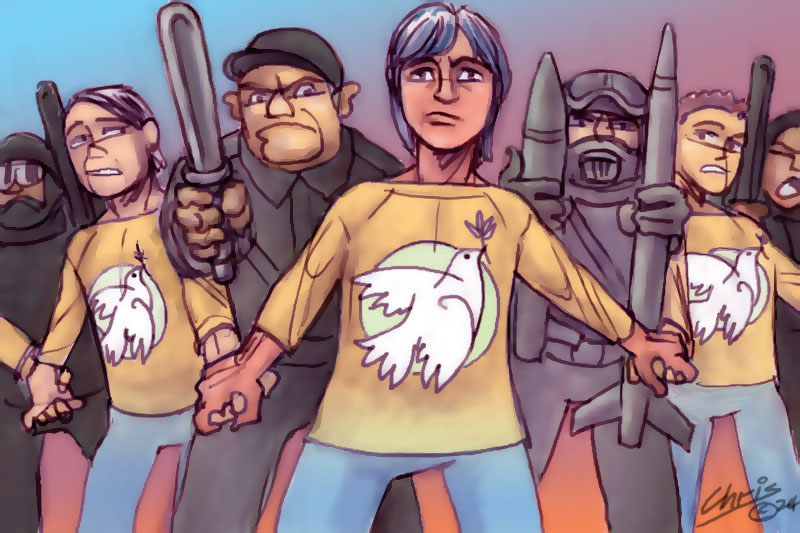
INTERNATIONAL
- Justin Glyn
- 10 December 2024
Peace is hard to define, harder to achieve, and almost impossible to sustain. In a world obsessed with profit, simplistic narratives, and selective outrage, peace feels like a lofty ideal rather than a realistic goal. But what would it take to make peace more than a buzzword—and a true global reality?
READ MORE
-

AUSTRALIA
- Kevin Bell
- 29 November 2024
2 Comments
With unaffordable housing pushing families into impossible choices, homelessness affecting 120,000 people, and systemic inequities deepening, we must ask: What kind of society do we want to build — and for whom?
READ MORE 
-
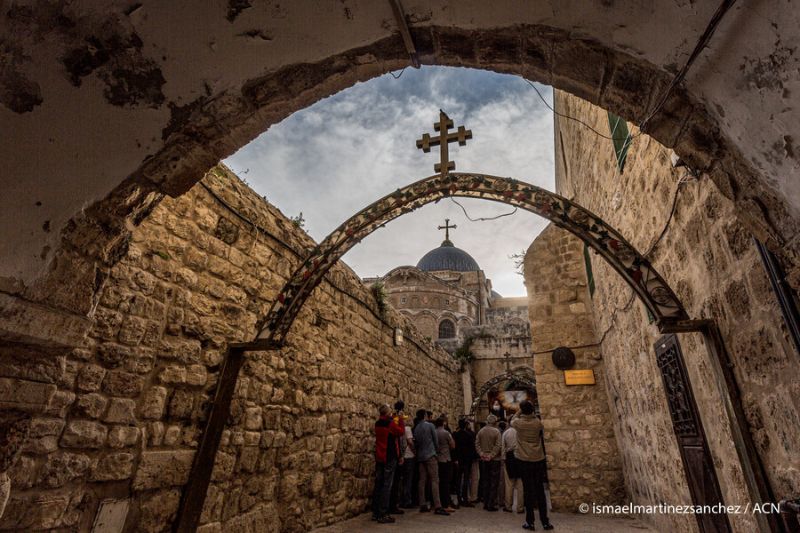
RELIGION
- Michael McVeigh
- 18 November 2024
7 Comments
Religious persecution often fades from public view unless it fits a political agenda. Yet Christians worldwide continue to face existential threats, from systemic repression in China to deadly violence in Nigeria. It’s worth reflecting on the cost of indifference and what it means to advocate for justice beyond our culture wars.
READ MORE
-
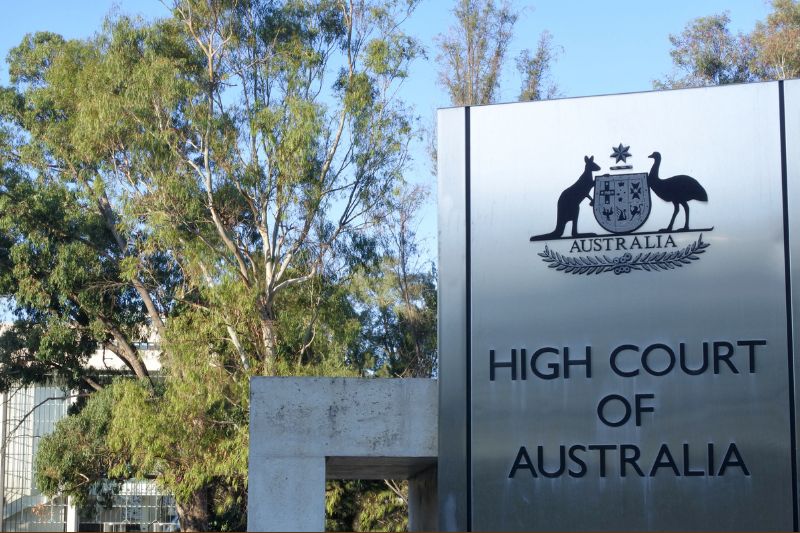
AUSTRALIA
- Frank Brennan
- 08 November 2024
7 Comments
Last week, Australia’s High Court blocked government restrictions on non-citizens with criminal records. As Parliament scrambles to impose new restrictions, Chief Justice Stephen Gageler’s court remains steadfast against policies deemed discriminatory and excessively punitive.
READ MORE
-
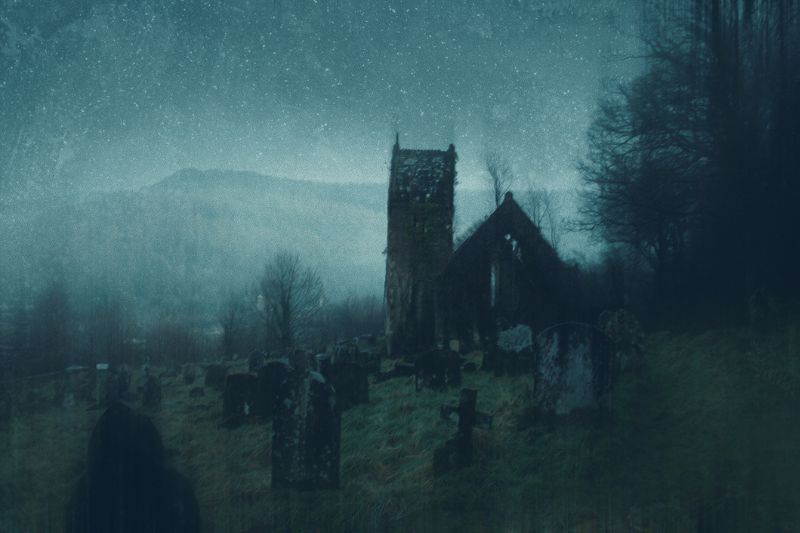
AUSTRALIA
- Danielle Terceiro
- 30 October 2024
6 Comments
As Halloween starts to become a staple in Australian neighbourhoods, for most people its ghosts mean little more than costumes and candy. But from haunted churches to eerie local legends, Halloween says something about us and the way we carry snatches of unresolved history.
READ MORE
-
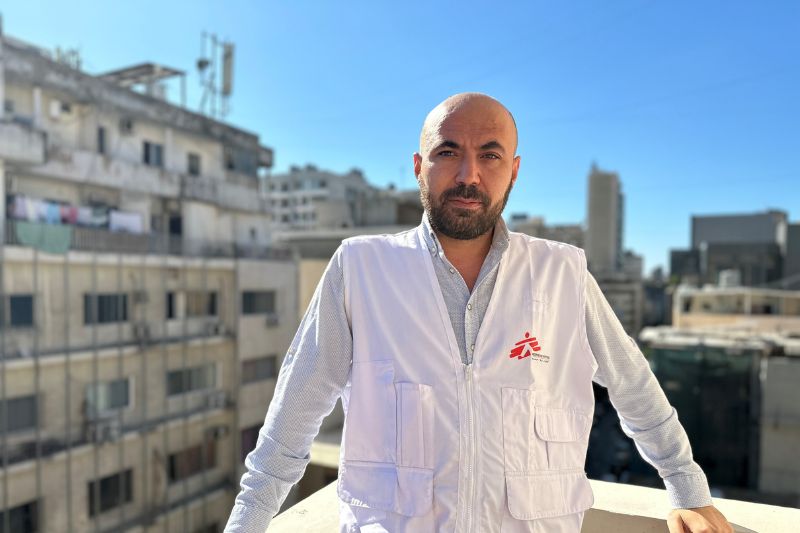
INTERNATIONAL
- Ali Almohammed
- 28 October 2024
1 Comment
In war-torn Beirut, where schools now shelter families fleeing destruction, a doctor finds echoes of his own past displacement. Amidst the pain, he witnesses resilience, but also a deep fatigue, as families yearn for peace and normalcy.
READ MORE
-

AUSTRALIA
- John Schumann
- 23 October 2024
2 Comments
There are approximately 300 Australians like Will currently held in forensic disability facilities, hospitals, mental health facilities, the prison system and providers of last resort. After two decades of seclusion, his story reveals a broken system where lives deteriorate, not improve, despite efforts for reform.
READ MORE
-

AUSTRALIA
- Claire Heaney
- 11 October 2024
Australia’s gambling culture, once seasonally grounded in the Spring Racing Carnival, has become a year-round obsession. From family sweeps to the rise of betting apps, gambling has become ingrained in the nation's identity, leaving in its wake a growing crisis of addiction, debt, and societal harm.
READ MORE 
-
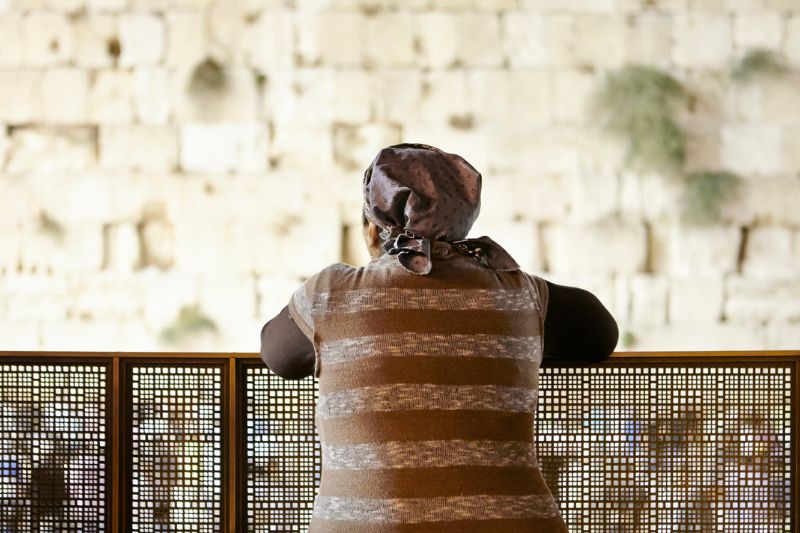
INTERNATIONAL
- Andrew Hamilton
- 09 October 2024
4 Comments
War breeds division far beyond the battlefield, fueling hatred and resentment across societies, and the conflict in Gaza has reignited long-standing animosities. As Yom Kippur approaches, its themes of repentance and forgiveness urge us to recognize the humanity in both the victims and perpetrators of conflict.
READ MORE
-
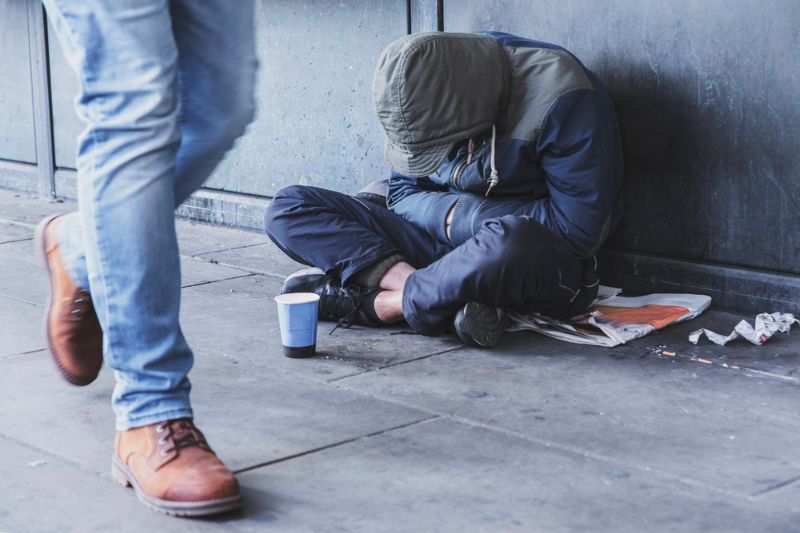
AUSTRALIA
- Joe Zabar
- 08 October 2024
2 Comments
Despite affecting millions, systemic and event-driven poverty is rarely discussed by politicians. In a nation facing growing economic uncertainty, can we afford to continue overlooking those most vulnerable to financial and social hardship?
READ MORE
-
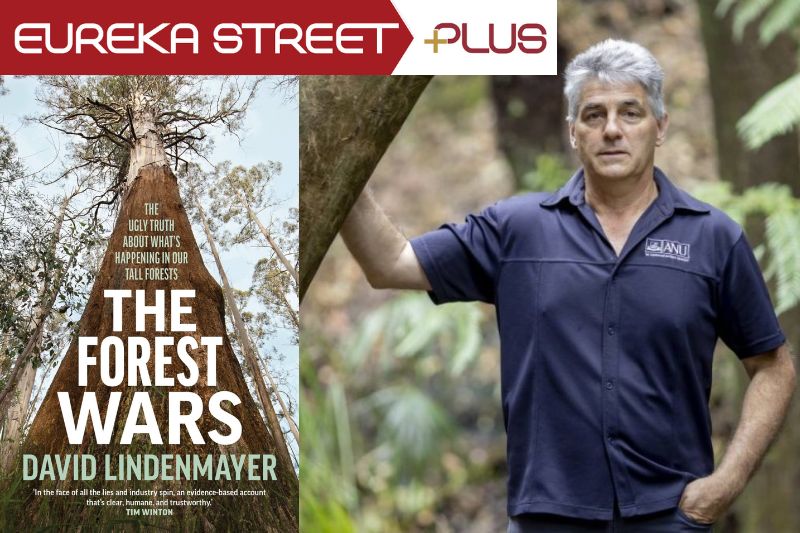
ENVIRONMENT
- Tony Smith
- 04 October 2024
The Forest Wars reveals how vested interests make life difficult for the scientists and activists who attempt to defend the environment, a war waged through deforestation on one hand and deception and obfuscation on the other. Linenmayer asks: if we continue to allow vested interests to drive deforestation, how long before the forests — and the future they promise — are lost beyond repair?
READ MORE 
-
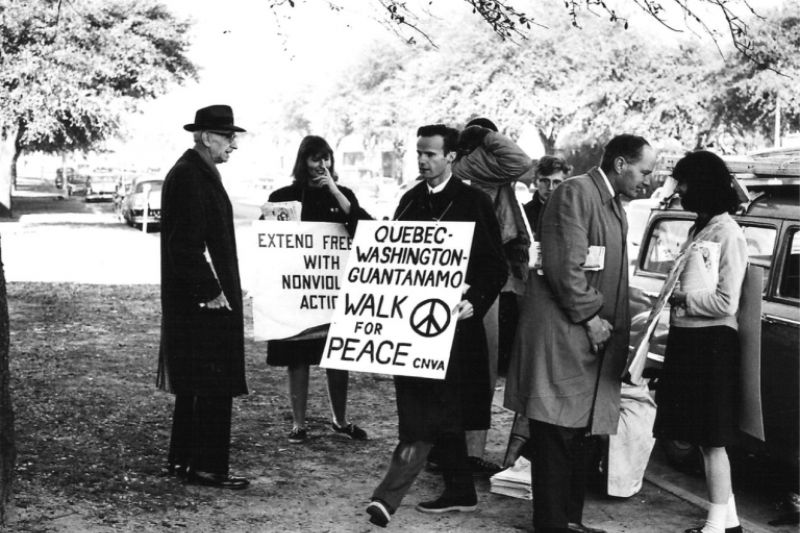
AUSTRALIA
- Andrew Hamilton
- 19 September 2024
3 Comments
Though little known in Australia, Abraham Johannes (A.J.) Muste spent his life commending pacifism and leading movements to make the world more just. His commitments to pacifism may still seem extreme to many. But will anything more mild address the threats facing the world from violence, inequality and apathy?
READ MORE